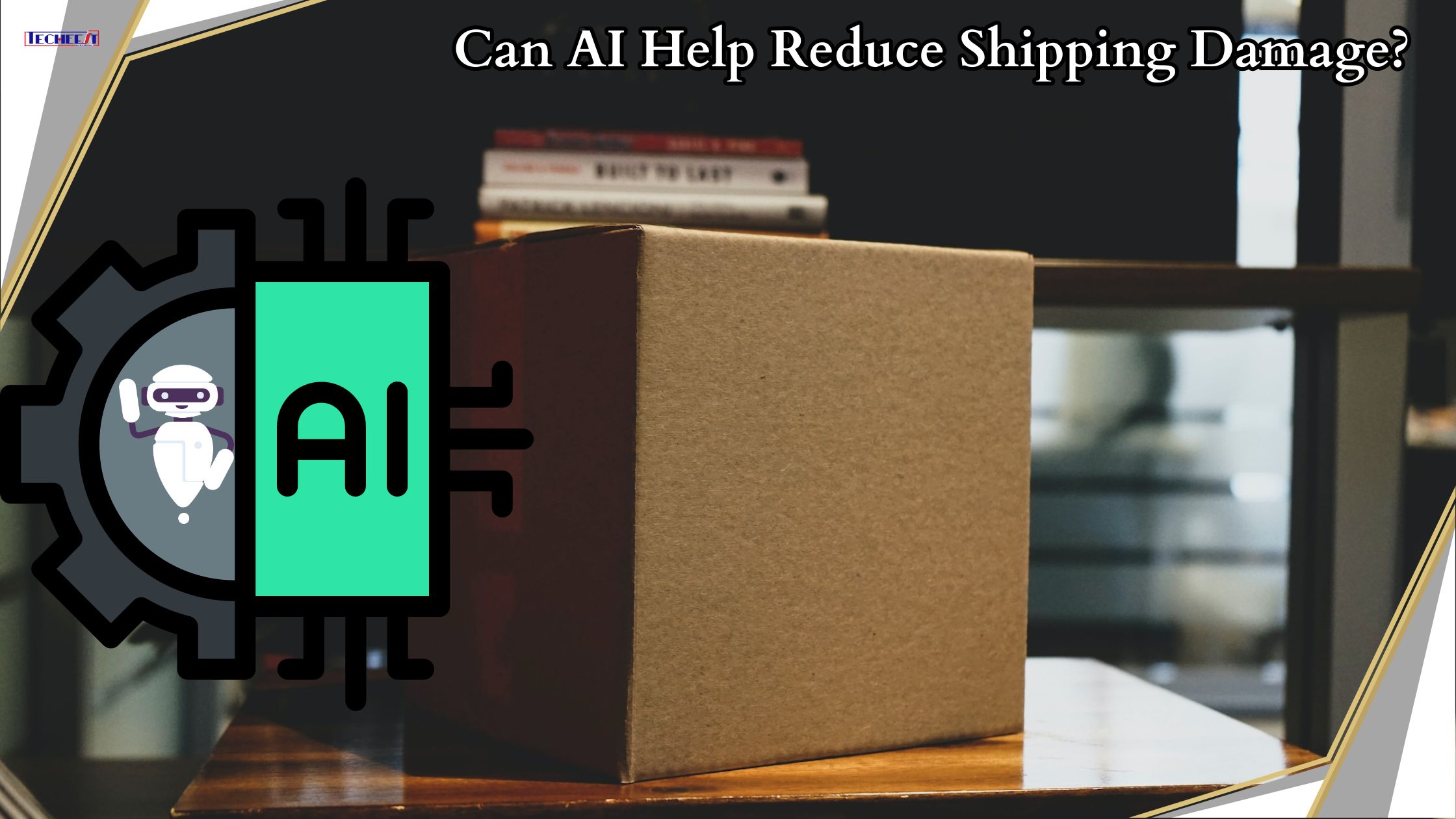Nowadays, where e-commerce has become an essential part of people’s lives globally, efficient shipping has become crucial. However, with the increase in shipping volumes, the risk of damage to goods during transit has become a significant concern. Fortunately, Artificial Intelligence (AI) is emerging as a game-changer in addressing this issue. AI has the potential to revolutionize the shipping industry, offering solutions that not only enhance efficiency but also minimize the occurrence of damages.
Predictive Analytics for Damage Prevention
AI’s predictive analytics capabilities enable the identification of potential risks and vulnerabilities in the shipping process. By analyzing historical data, weather conditions, and transportation routes, AI algorithms can predict areas prone to turbulence or rough handling. This foresight allows for proactive measures, such as reinforcing packaging or selecting alternative routes, to prevent damage before it occurs. The integration of real-time data streams further enhances these predictions, ensuring a dynamic and adaptive approach to minimizing risks throughout the entire shipping journey. This sophisticated system not only safeguards cargo but also optimizes logistics, ultimately improving efficiency and reducing overall operational costs.
Supply Chain Visibility and Transparency
AI enhances supply chain visibility by providing real-time insights into the entire shipping process. This transparency allows stakeholders to track the movement of goods at every stage, from the warehouse to the final destination. Platforms like Shiply.com, with its focus on connecting users to shipping companies specializing in delivering car engines, play a pivotal role in this transformation. By integrating AI-driven tracking and reporting tools, such platforms can empower users to make informed decisions and intervene if potential issues arise. This makes working with Shiply.com to deliver car engines a strategic choice for individuals as well as businesses.
Smart Sensors and Real-time Monitoring
Integrating AI with smart sensors provides real-time monitoring of shipments. These sensors have the capability to identify variations in temperature, humidity, and impact throughout the transportation process. Through continuous monitoring, AI algorithms can assess whether the goods are exposed to unfavorable conditions and trigger alerts for corrective actions. This level of responsiveness ensures that any potential damage is promptly addressed, minimizing the impact on the shipped items. Furthermore, incorporating intelligent sensors provides an avenue for extensive data gathering, enabling businesses to acquire valuable insights into the complete supply chain. This data-driven approach not only enhances damage prevention but also facilitates continuous improvement in logistics processes, creating a more resilient and efficient shipping ecosystem.
Optimizing Loading and Unloading Processes
AI algorithms can optimize the loading and unloading of cargo, ensuring that items are stacked and secured in a manner that minimizes the risk of damage. By analyzing the characteristics of different goods and their compatibility, AI can suggest optimal loading configurations. Additionally, AI-driven robotic systems can automate these processes, reducing the reliance on manual labor and the associated risks of human error.
Enhanced Route Planning with AI
Efficient route planning is essential for minimizing shipping damage. Artificial intelligence has the capability to analyze extensive volumes of data, encompassing factors such as traffic patterns, road conditions, and historical transit information, in order to enhance the optimization of route selection. This not only shortens delivery times but also helps avoid routes with high probabilities of delays or adverse conditions. By choosing the most suitable paths, the likelihood of damage due to extended transit periods or unexpected challenges is significantly reduced.

